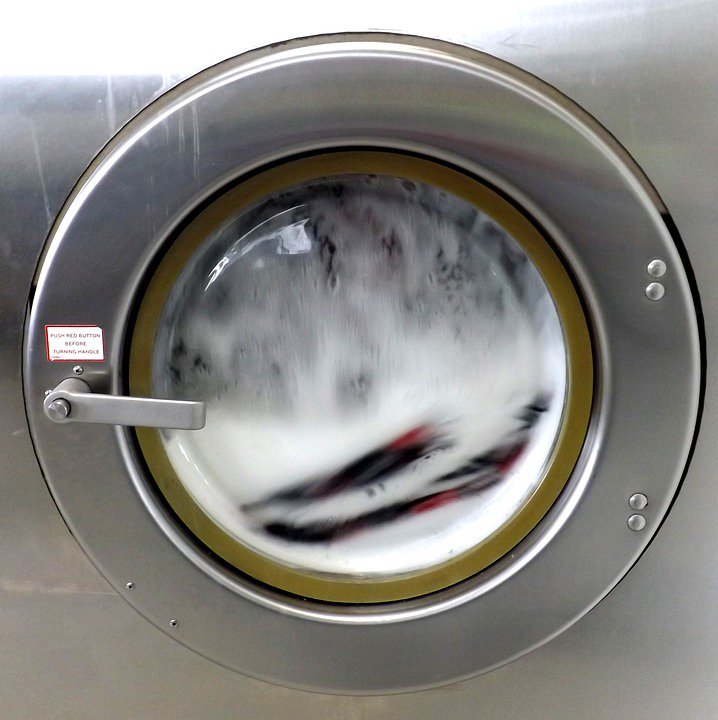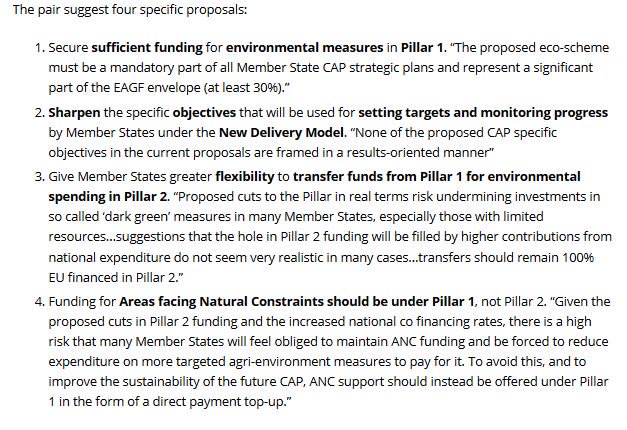@drawandstrike @HNIJohnMiller @catesduane @rising_serpent @almostjingo @tracybeanz @TheChiIIum @hfinch63 @Quodverum_ @headsnipe01
energy.gov/articles/us-de…
This 40-second animation () provides an overview of the PIP-II project. To learn more, visit pip2.fnal.gov.





